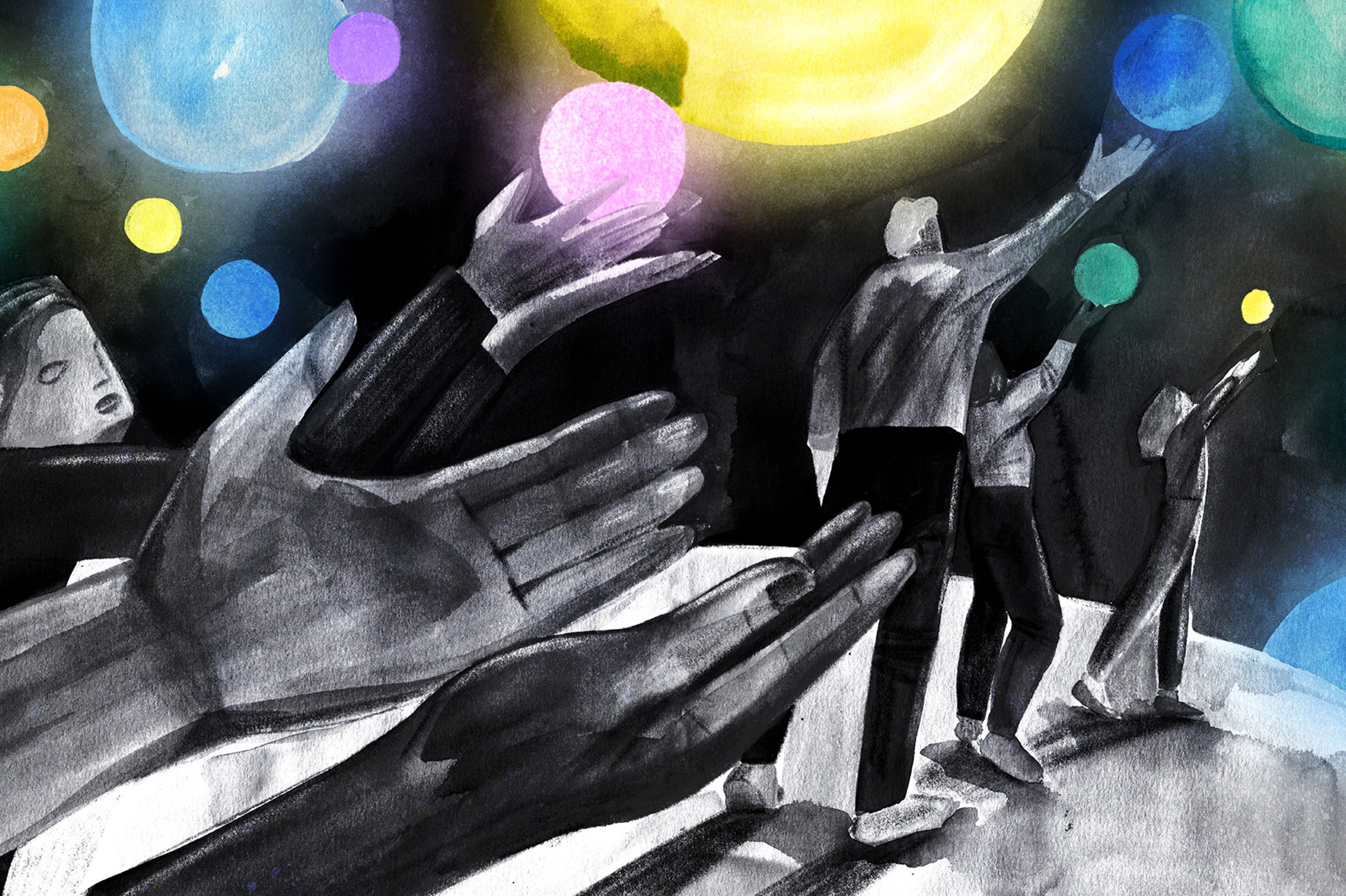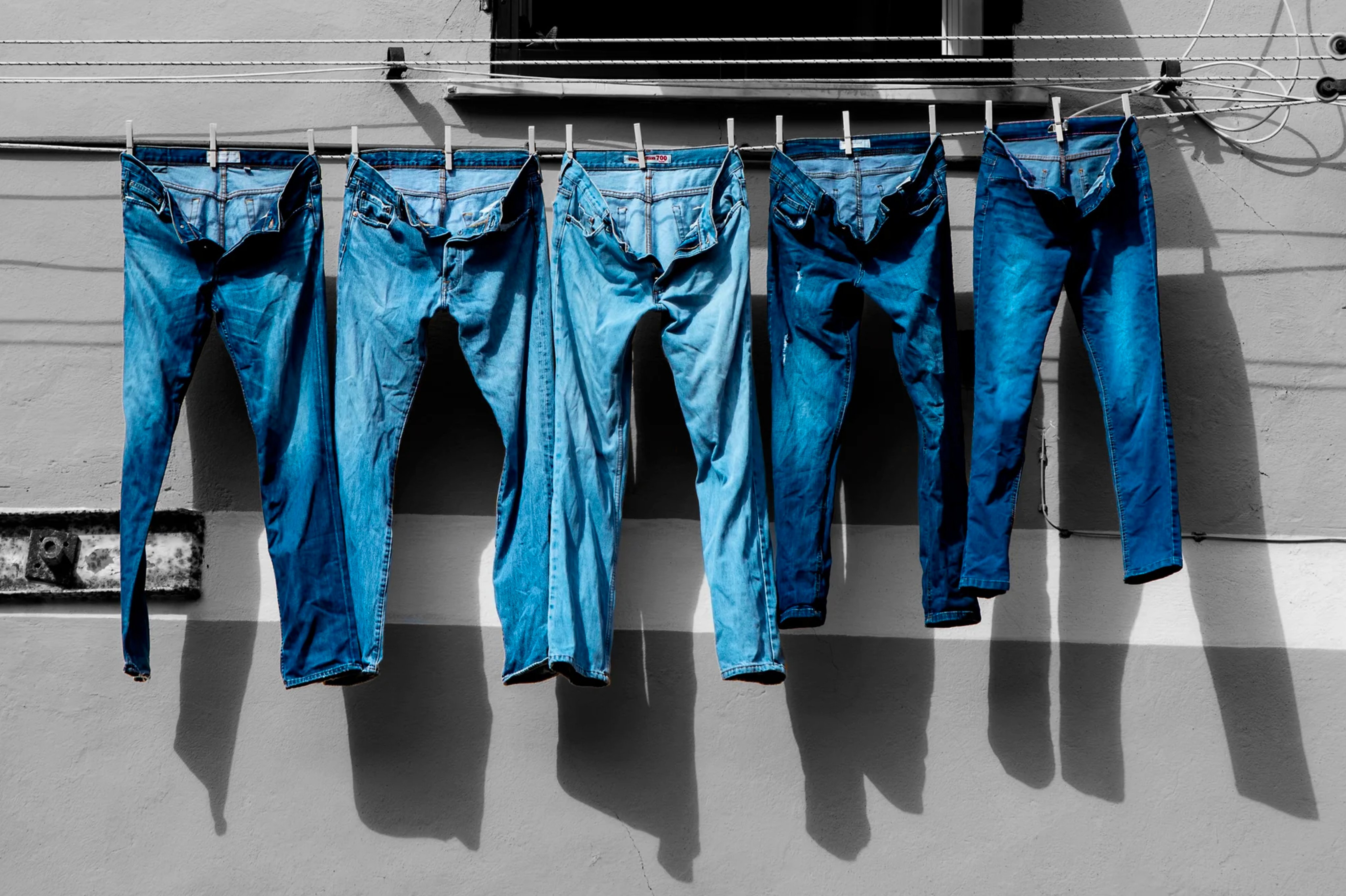I Give Up: A New Series from Catapult Magazine
Illustration by Sirin Thada for Catapult June 6, 2022 In the past two years, we’ve all had to let go of something: expectations, ambitions, jobs, relationships, habits, futures. Some forms of casting-off were joyful, many renunciations were painful, and others still saw pieces of our world stripped away without us having much say in the […]

June 6, 2022
In the past two years, we’ve all had to let go of something: expectations, ambitions, jobs, relationships, habits, futures. Some forms of casting-off were joyful, many renunciations were painful, and others still saw pieces of our world stripped away without us having much say in the matter. When the Catapult magazine team came up with the theme for this series, so many of the patterns we’ve seen and experienced, both in our own lives and in culture at large, felt like they fell within its ambit. “I Give Up” is both a shrug and a rallying cry—an apt phrase to describe the rage, resignation, and relief that have characterized so much of collective experience since 2020.
When we invited writers to contribute, we told them they were free to take the prompt in any direction they liked, no matter how strange or surprising. Their resulting responses range from playful to weighty. Writers have given up gendered expectations, type-A striving, destructive habits, and jobs both promising and crushing—to name just a few subjects featured in the magazine’s inaugural week-long series that begins today. To capture the central tension of “I Give Up”—mournful, but also liberatory—our longtime illustrator Sirin Thada visualizes in the art above the process of releasing something back into the universe that, perhaps, was always meant to be there.
With the launch of this series, we are excited to announce that “I Give Up” will also become a regular feature in the magazine—more information on how to submit will be posted on our submissions page in due course. In the meantime, we invite you to revisit this page throughout the week as we publish new stories daily. We hope you’ll read about what and how these writers have learned to let go and, in doing so, reflect on what you may have given up—and what has, in turn, set you free.
Tajja Isen
Editor-in-chief
*

“I Gave Up Pants—But Femininity Is Just As Binding” by Jess Zimmerman
In this essay, writer and editor Jess Zimmerman reflects on giving up pants—which she finds binding and uncomfortable—and how wearing dresses comes with the unintended side effect of a more feminine presentation—which she also finds binding and uncomfortable. How do we find a comfortable, authentic space within the idioms of gender, and what might we have to give up to get there?

“Letting Go of My Toxic Ambition” by Rainesford Stauffer
Can our own big ambitions bog us down? In this essay, Rainesford Stauffer—an expert reporter on how the millennial generation has been overworked and burnt out—examines how a relentless drive might hurt us as we constantly strive for more and better. What do we gain by letting go of “the hustle”? Of “the grind”?

“Why I’m No Longer Defending Whiteness” by Taylor Harris
Over the last few years, white America has revealed itself to their fellow Americans—and the rest of the world, watching—in myriad ways both familiar and new. So when Taylor Harris was trying to impart a teachable moment to her children and her youngest said, “Never listen to white people,” Harris didn’t immediately correct her. As a Black mother, as a writer of color, Harris poses the question: Who is best served by that need to placate, to mitigate, to compromise in an increasingly violent US?

“I’m Done Listening to My Family About How to Be a ‘Good’ Mother” by Ukamaka Olisakwe
It’s hard enough when societal mores suffocate parents doing their best in these always trying times. Even worse when such expectations around proper parenting are enforced by the ones who raised them. Ukamake Olisakwe says “I give up” to her family’s vision of what a “good” mother should be and crafts a motherhood that aligns with her life and the family she herself is building. To raise her children free from the same constraints she keenly feels, she writes in this essay, is to raise her children well.

“When Quitting Your Job Is the Answer to Everything” by Rax King
When Rax King was doxxed by a stranger on the internet, she decided to quit her job. Not that she was at risk for being fired, but because the time finally came to give up on what she thought the job offered her: a deeper connection to her Jewish identity. To work in a small, mostly-family-run office of Hasidic Jews offered her permission, Rax writes, to otherwise act like an “apostate” in other parts of her life. But without the cover of a job that, in part, shapes us, what else can we do on our own except work at what we want, one step at a time?

“My Dream Career Was Just Beginning When I Let It Go” by Jared Klegar
Many of us have had to pivot and change courses in the so-far volatile 2020s, pressing pause on our ambitions-in-progress. What about for those of us who’ve barely begun? In this essay, Jared Klegar tells the story of how the pandemic (and he) deferred his ballet career—perhaps indefinitely—and how letting go of his single-minded focus to become a particular kind of artist (ultra-competitive, certain to a fault) made him more open to other possibilities: “There is a world in which I am not beholden to the glamor of a single path,” he writes. “Let it be this one.”

“Learning to Delete the Old Versions of My Digital Self” by Kayla Kumari Upadhyaya
Kayla Kumari Upadhyaya posits two kinds of queers: those who self-archive obsessively, and the others who burn it all down. Kayla, who is constantly looking backwards, is the former. Among all the old Tumblr posts, LiveJournal entries, text messages, emails and emails and emails was a confused and contradictory Kayla. “I knew so little about who I was, what I wanted,” she writes, “and I thought maybe, hidden in the archive of who I once was, there might be clues.” To keep up the practice, all that retrospection, felt futile in an era of constant flux. Perhaps letting go of a catalog of past selves frees one up to change—even to growth.

“Getting Sober Again” by Natalie Lima
Perhaps it’s the first great truth of our human lives: Nothing is ever truly linear. For Natalie Lima, recovery certainly hasn’t been. She first got drunk at fourteen, she writes, and she yearned to recreate that feeling of a pause, a break from the world that only grew more hostile and difficult to bear as the years wore on. By the time the pandemic hit in 2020, Natalie had been sober for over two years. She relapsed and, as of this writing, has been sober for seven months. Getting back on the wagon has been a little easier, a matter of letting go of the things that do not serve her: “It’s the quiet of living sober that stirs my creativity and fills up my life again.”

“Gentle Cheater” by C. R. Foster
In this short story, set in the sweltering and fictional Florida town of Sugar Bends, Ole is a trans man, a mailman, and an erstwhile poetry teacher who sleeps with the married women on his usual route, effectively giving up on “playing by the rules that kept girls safe from men grown predatory, like him.” Ole gets his just desserts, however, when he meets his match: the poet wife of a famous author, living in the largest mansion in town. C. R. Foster conjures this Southern Gothic tale through evocative details and cerebral prose, giving life to something one might describe as “Faulkner, but queer.”



